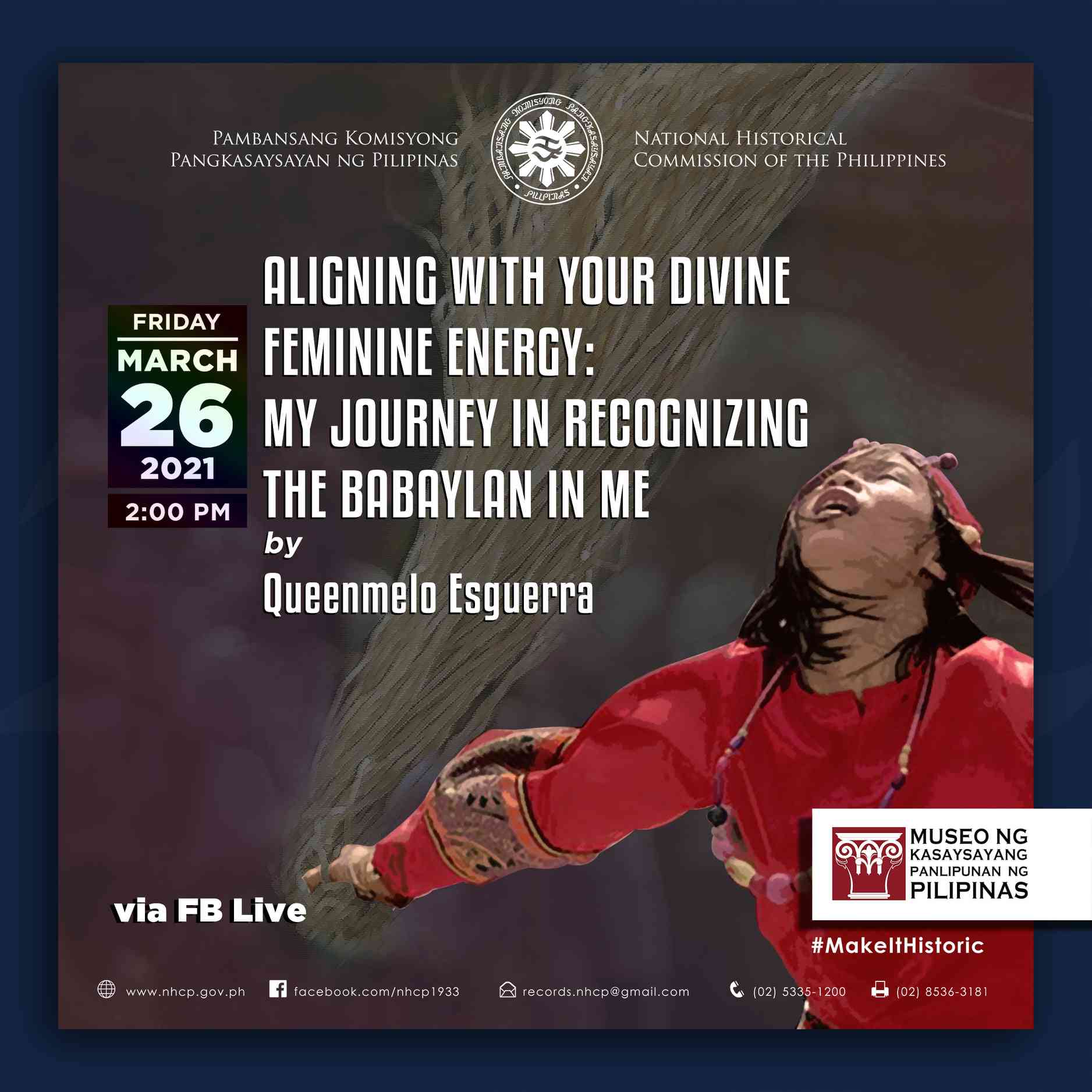
The word Babaylan has been misused for several occasions in the course of our history. Despite its noble origin, a social stigma was injected to it by our western colonizers which later on spread due to our lack of understanding of the concept and miseducation.
“The concept of Babaylan in the perspective of a colonizer brought social stigma among the Filipino society. Babaylans were labelled as witches, Satanists or mentally unstable individuals. The idea was completely obliterated through the introduction of religious practices on Christianity and the Patriarchal Society during the Spanish Colonization,” Bettina Pangilinan Arriola, Senior Museum Curator of the Museum of Social History of the Philippines, says.
The National Historical Commission of the Philippines (NHCP) and Museum of Philippine Social History (MPSH) want to correct this misconception and get rid of the stigma, thus a series of online lectures was mounted in celebration of the women’s month.
Titled “Aligning with your Divine Feminine Energy: My Journey in Recognizing the Babaylan in Me,” Queenmelo Esguerra will look into the transformation of the pre-colonial Babaylan to the 21st Century Babaylan, and how we presently benefit from the presence of these modern day Babaylans. Esguerra is an LGBTQ activist, equal rights advocate, and founder of All We Need is Love Foundation.
The lecture will happen at two o’clock in the afternoon on March 26, 2021 via MPSH Facebook page.
“The urge in going back to our origins and experiences of decolonization led to resurfacing our leaning on Matriarchal Society where we revered women in our society, and that including the transgender women of today.” Arriola explains.
While March is National Women’s Month, the said lecture caters to the LGBTQIA+ community as well.
“(The) United Nation’s goal for the month of March is gender equality. We are also encouraged to come up with activities for gender awareness development, including LGBTQ community. And since it’s Women’s Month, we also want to promote inclusivity on individuals assigned male by birth but whose gender identity is woman,” Arriola adds.
Here’s what MPSH wrote in their Facebook page, explaining further the topic on Babaylans and the LGBT community:
“Dating back pre-colonial times, divine femininity was highly revered. There were male Baybaylans who identified themselves as women more than males in their manner of living, clothing they wore and occupations as mentioned in the 1668 book on Historia de Los Islas y Indios de Bisayas by Fr. Francisco Alcina and the 16th Century Boxer Codex manuscript. Visayans called them ‘asog’ and Tagalogs ‘bayogin’. The term ‘asog’ evolved through time, and is now referred to as a ‘tomboy’ or a woman who acts more like a boy.”
Another lecture titled Babaylan, Gender, and Decolonization will take place on April 05, 2021 at ten in the morning. The speakers are ethnomusicologist, artist, and cultural worker Dr. Grace Nono, Agusan-Manobo tribal leader Bae Manyaguyad Luciana P. Rico, and Malitbog, Iloilo National High School Principal Dr. Jesus C. Insilida.
For queries and additional details, you may call or text the Museum of Philippine Social History office at 0917 553 8107.
##
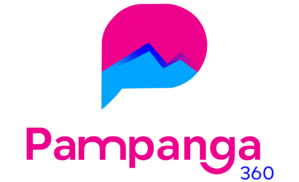
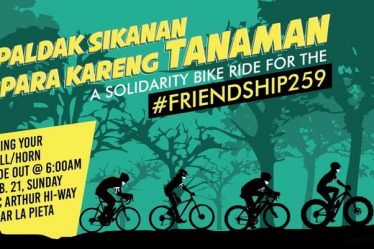
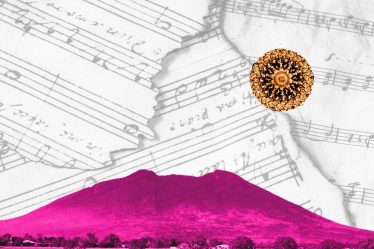
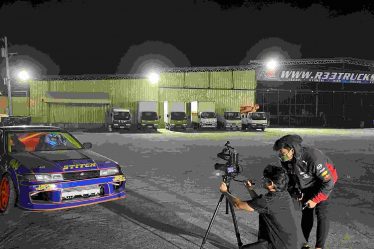
SDO TAPAT Cardones Integrated School